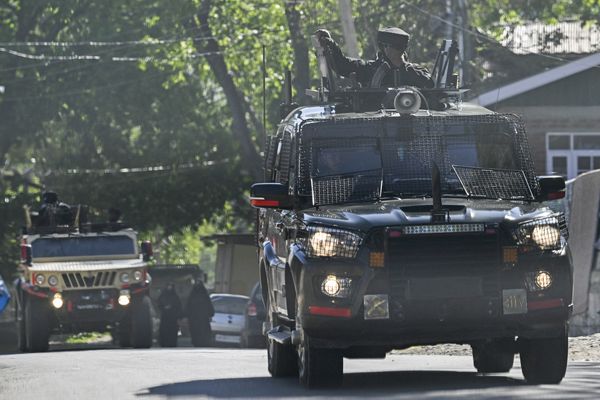My book Red Pockets explores questions of inheritance: what we owe to ancestors and to future generations, and what we owe to the places that we inhabit.
It was inspired by visiting my ancestral village in Guangdong in south China, after nearly a century of intergenerational separation due to migration, war and revolution. My grandfather wrote about his childhood stay in this rice village in his unpublished memoirs, and I had always wanted to see it.
In spring 2018, I finally found the chance, during a research trip to study the impacts of petrochemical pollution in Guangdong.
My trip coincided with the Qingming festival in April, when people return to their ancestral villages to sweep their relatives’ tombs, making offerings of food, incense and burnt paper money to sustain them in the afterlife.
Remarkably, my ancestral village was still intact, among the rice fields and western-style brick buildings, largely as my grandfather had described it. In fact, there are many similar clan villages in Taishan country, which is known as the “home of overseas Chinese”, due to its history of overseas emigration during the western gold rushes of the late 19th century.
Looking for something good? Cut through the noise with a carefully curated selection of the latest releases, live events and exhibitions, straight to your inbox every fortnight, on Fridays. Sign up here.
It was a moving yet unsettling experience, almost a comedy of errors, navigating different cultural expectations. One of the oldest villagers still remembered my family’s history, which turned out to have been troubled.
My ancestors had suffered untimely deaths, their tombs were lost, and our ancestral house was expropriated during the Cultural Revolution in the late 1960s. To restore my family’s place in the village would be impossible: we would have to build a new house and give all the clan villagers gifts of money in lucky red pockets. Even then, nothing could repair the ruptures of the past century.
Observing the Qingming tomb-sweeping rituals on the hills, I wondered: what were the consequences of failing to sweep the tombs every spring?
When I got home to the UK, I carried stories of pollution and ancestral neglect with me. They stayed with me and began to take on new meanings as I continued my research on toxic pollution and environmental injustice. I learned that in Chinese folk religious beliefs, neglected ancestors become hungry ghosts, unleashing misfortune and environmental destruction.
As the climate crisis intensified, I couldn’t shake the feeling that the hungry ghosts somehow embodied collective experiences of climate grief, illness and anxiety.
My idea to write Red Pockets came together in the wake of disappointment over COP26 in Glasgow. As I thought about the “heavy debts that we owe” to past and future generations, two, seemingly separate ideas merged into one – the personal story of my “return” to my ancestral village, and the wider story of confronting the devastating consequences of the climate crisis. I wanted to write a book that would explore the possibility of healing alongside the impossibility of returning to lost worlds.
The writing process involved wrestling not only with different ideas but with different parts of myself. The hungry ghosts were difficult to summon in a way that felt real.
At first, I tried a more academic approach, researching Chinese folk religious beliefs about death and burial rituals, and extreme climate disasters unfolding around the world.
But I soon realised that the metaphor felt too thin in the absence of my own voice, and that I had to talk about hungry ghosts from a personal perspective. Once they came out, they seemed to take on a life of their own.
Hungry ghosts animate the connections between the material and spiritual, how environmental devastation shows up in body, mind, and Earth: “A divided self, a divided world, a failure to listen, a failure to honour … They want us to face up to our broken obligations.”
As I moved towards more positive themes in the final chapters of the book, the weight slowly began to lift. I learned that there are ways of living with ghosts, recognising joy alongside despair, possibilities for interconnection despite disconnection, and compassionate actions to “defend our lands and ourselves”. I found what I was looking for: an offering.
Alice Mah received funding from the Leverhulme Trust (Philip Leverhulme Prize) and the European Research Council (ERC) under the European Union’s Horizon 2020 research and innovation programme (Grant Agreement No. 639583) for research on petrochemical pollution and environmental justice.
This article was originally published on The Conversation. Read the original article.







